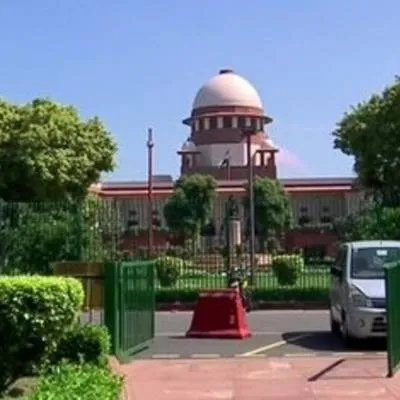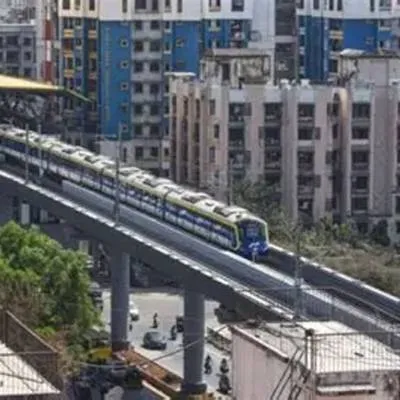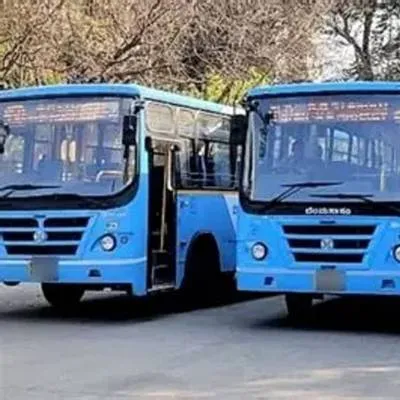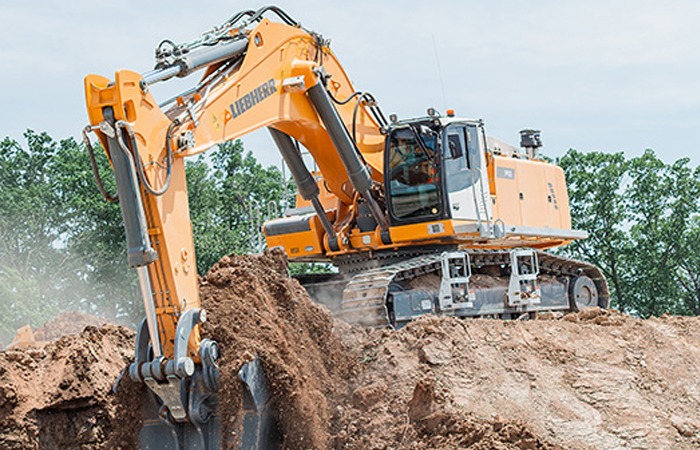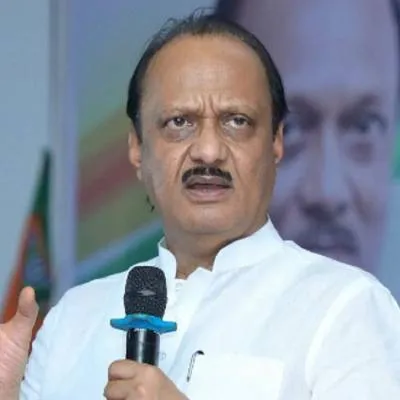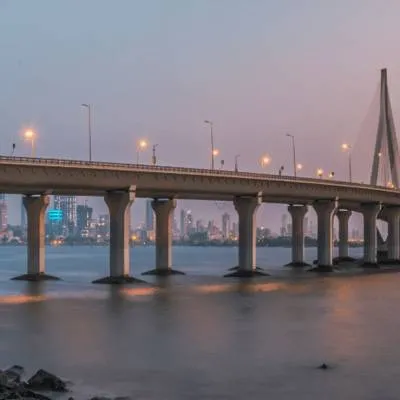Schedule a Call Back
EAC-PM pushes for mandatory EV sales by automakers
 The Economic Advisory Council to the Prime Minister (EAC-PM) has recommended that the government enforce a mandate requiring automobile manufacturers to produce electric vehicles (EVs) up to a specified percentage of their total production. Additionally, the council suggests incentivising vehicle leasing over outright purchase and increasing the adoption of EVs within the government fleet to stimulate demand, which has been underwhelming for electric cars.
The Economic Advisory Council to the Prime Minister (EAC-PM) has recommended that the government enforce a mandate requiring automobile manufacturers to produce electric vehicles (EVs) up to a specified percentage of their total production. Additionally, the council suggests incentivising vehicle leasing over outright purchase and increasing the adoption of EVs within the government fleet to stimulate demand, which has been underwhelming for electric cars.In a collaborative working paper authored by EAC-PM chairman Bibek Debroy and director Devi Prasad Misra, several barriers hindering the widespread adoption of EVs in India were highlighted. These obstacles include the high upfront costs of EVs, concerns about range anxiety, logistical issues such as limited model options and uncertain resale values, and the early stage of EV technology development.
"Hitherto, our policies for promot[ing] EVs have focused on subsidies, tax breaks, charging infrastructure, etc. While we see a significant increase in the number of two- and three-wheeler EVs, the adoption of EVs in the LMV (cars) segment has remained sluggish," noted the EAC-PM in the working paper.
Statistics provided by the EAC-PM reveal that EVs represent a mere 0.21% of the country's total vehicles, with EV four-wheelers accounting for only 0.08% of the total four-wheelers. It said, "Introduction of transferable mandates prescribing that a certain percentage of vehicles manufactured be EVs will be an efficient way of encouraging adoption of EVs." "Further, to deal with end-of-life issues for EVs, we suggest encouraging leasing of vehicles, as opposed to outright purchase, by introducing a suitable GST rate differential for leasing." According to EAC-PM, greater diffusion of EVs in the government's fleet is one way of seeding demand. "Such a move would have a demonstration effect on the public and provide manufacturers feedback on the user experience," it added.
The Economic Advisory Council to the Prime Minister (EAC-PM) has underscored the necessity of mandating automobile manufacturers to produce electric vehicles (EVs) in light of the adverse effects of high crude oil prices in the international market. The council emphasised India's commitment to achieving Net Zero carbon emissions by 2070 and reducing total projected carbon emissions by one billion tonnes by 2030. Therefore, hastening the adoption of EVs is crucial to reducing the import bill and, more significantly, curbing emissions.
India's expenditure on oil imports in FY 2022?23 amounted to $144.2 billion, a notable increase from $113.4 billion in FY 2021-22. This underlines the urgency of measures to lessen dependence on fossil fuels.
The government has implemented various initiatives in the past to promote EVs, including the Faster Adoption and Manufacturing of Hybrid and Electric Vehicles in India (FAME) Scheme of 2015, the FAME II Scheme of 2019, and the production-linked incentive (PLI) scheme for automobiles and auto components launched in 2021. Additionally, lower taxation rates and numerous state-level initiatives have been introduced to encourage the adoption of EVs across the country.


Subscribe Now
Subscribe to our Newsletter & Stay updated
RECENT POSTS
Popular Tags
Folliow us
Related Stories
Maharashtra Govt Prioritises Eco-Friendly Bridge Construction
The Maharashtra government has announced that all future bridge projects in the state will follow eco-friendly and sustainable construction norms. ...
Supreme Court Seeks Maharashtra’s Response on Pune Road Project
The Supreme Court has sought a response from the Maharashtra government on a petition concerning a major road project in Pune. The plea alleges irr...
Deputy CM inspects key infrastructure work to ease city traffic flow
Maharashtra Deputy Chief Minister Ajit Pawar recently inspected the ongoing construction work at the Tanpura Bridge project in Pune. The bridge, a ...

